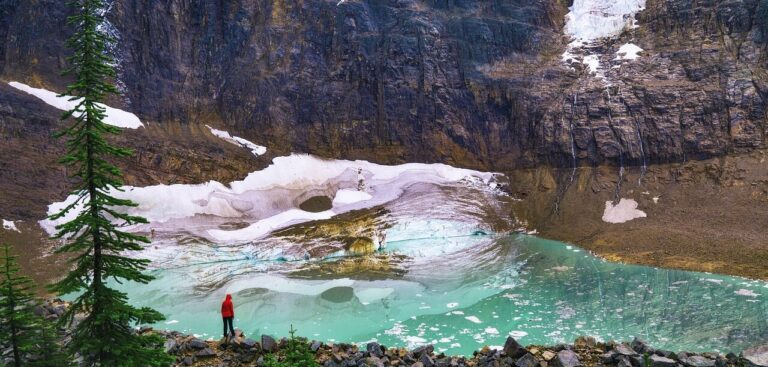The Greenland ice sheet is warming four times faster than the planet, triggering a domino effect of interconnected disasters that threaten the viability of Earth’s life-support systems, according to a new report unveiled at the World Economic Forum Annual Meeting.
The research has revealed four critical Earth systems are at risk in a 1.5°C warmer world. This rapidly approaching reality is likely to trigger the irreversible collapse of the Greenland and West Antarctic ice sheets, which together represent a 10m sea level rise. According to the study, melting ice is already stalling the Atlantic jet stream and causing forest fires in the Amazon rainforest – another critical Earth system approaching its own tipping point from carbon sink to source.
Johan Rockström, lead researcher and director at Potsdam Institute for Climate Impact Research, said, “We are taking colossal risks with the future of civilization on Earth, we are degrading the life-support systems that we all depend on, we are actually pushing the entire Earth system to a point of destabilization, pushing Earth outside of the state that has supported civilization since we left the last Ice Age 10,000 years ago.”
For the first time, scientists have defined the planetary limits required to secure a safe and just corridor for people and planet, where ‘just’ means protecting people from harm and ensuring their access to basic needs.
According to Rockström, “1.5°C is a physical limit, it is not a political target”, yet every month 1% of the remaining carbon budget is used for this ‘safe boundary’ of 1.5°C, while the ‘just boundary’ of one degree warming is already behind us. We have also breached the safe and just boundaries for nature, biodiversity, water and nutrients, Rockström said.
Joyeeta Gupta, lead researcher and professor of environment and development in the global south at the University of Amsterdam, said, “If we do the minimum at this pivotable moment in our history, then we and our children – even if we are rich – will live in the danger zone. But if we – business people, governments, citizens, cities – take action today, then we and our children will have a future worth looking forward to.”
To read the full report published in the journal Nature, click here.



